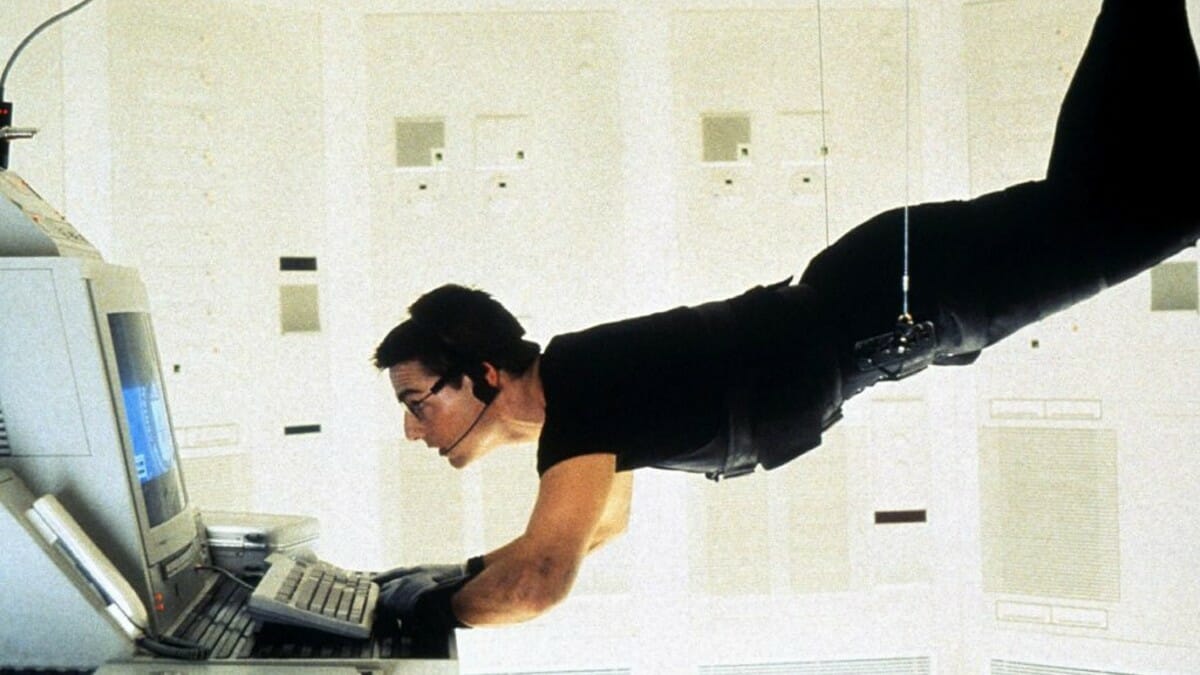Trashbytes wrote on 2024-05-24, 04:21:
Im not sure why people want 9x on the internet, aside from a few exceptions most fo the internet itself will be all but unusable via 9x and any browser that may run on it. Win XP fares better here but you will still find a good many web sites wont load or will only partially load and as soon as it uses any protocol XP doesn't have support for well it'll just 404/503 the page or throw an error page.
[..]
I often ask myself that question, since I'm not immune against that phenomenon, too.
Back then, I switched to Windows XP ASAP, even convinced my father to do same.
It was clearly the better choice and I didn't mind tossing Windows 98. XP was such a stress relief (Sasser worm being the exception).
However, as time went on and things had changed, I often found myself thinking about the internet of the late 90s and early 2000s.
Thinking about those funny looking HTML sites on free web hosters, about Winamp or using Real Player (yikes) or my first times tinkering with VB6. Things like this.
I never thought I would miss 98SE, since my nostalgia was clearly being devoted to Windows 3.1 era and the early 90s.
But as usual in life, things will be different than expected.
So I still kept the original Windows 98SE CD-ROM that my father had gotten along with his Pentium III PC in ~2000.
So yeah, I think it's a lot about nostalgia, but not only.
Using Windows 98SE is a bit surreal, like experiencing a different reality. Or watching episodes of Sliders. ;)
A world in which CRT monitors, weird pop art, raytraced images, beige PCs and HTML websites exist.
That Windows 98SE is able to run many Windows games and applications (IrfanView, Winamp, Firefox etc) might intensify this experience.:
It has that feeling of a world gone by, like the airport in Langoliers, maybe.
It's *there* and real, but there's a weird feel to it.
To me, using Windows 98SE is like experiencing things from another life.
Probably because it was, in some way (I stopped using Windows 98SE when I was still quite young, which was a different part of my life).
Beyond this, there are also practical reasons for using Windows 98SE, of course:
Windows 98SE can run games that support multi-player mode.
It can also run similar DOS ganes that might via IPX protocol,
so network connectivity as such makes sense (IPX can be tunneled).
Windows 98SE does support direct port access (or rather, barely prevents it),
so it used to be very popular among radio amateurs and electronic hobbyists,
which loved to tinker with homebrew circuits on parallel port or custom ISA cards.
(On NT/XP, Port.dll or PortTalk must be used as a walkaround.)
Windows 98SE has sort of a soothing GUI with image of clouds, unicorns (?)
and 16 color icons (some icons are also available in 256c and more, but you guys get the idea).
The old Windows Explorer and the gradient in the title bar of each window are also an nostalgic feature.
The Windows Plus themes, as well. Screen savers, too.
It's a bit like using Windows 2000, maybe, which not many of us had worked with at the time, though.
Windows 2000 also had some of the old Windows 95/NT 4 GUI elements being modernized, unlike Windows 98SE yet.
So Windows 98SE retains that mid-90s look even more so, perhaps.
These are just sone thoughts, of course. I'm not certain if I'm pro or contra using Windows 98SE on the internet.
I'm just certain that I think it shouldn't be left online unsupervised for a longer time.
An anti-virus guard, a firewall and router with a NAT are nice to have, too, just in case.
PS: Btw, is it just me or is the nostalgia for 98SE general ly a bit stronger than that of Win95?
I remember Windows 95 from when it was new, I've even used it on my father's PC early on.
But for some reason, to me, merely Hover and the Win95 Setup wallpaper (setup.bmp) are causing strong emotions. Hm. Weird. 🤷♂️
Edit: Formatting fixed (on PC).
"Time, it seems, doesn't flow. For some it's fast, for some it's slow.
In what to one race is no time at all, another race can rise and fall..." - The Minstrel
//My video channel//
